I Married Myself
A strange—and satisfying—journey in standing up for what actually matters.
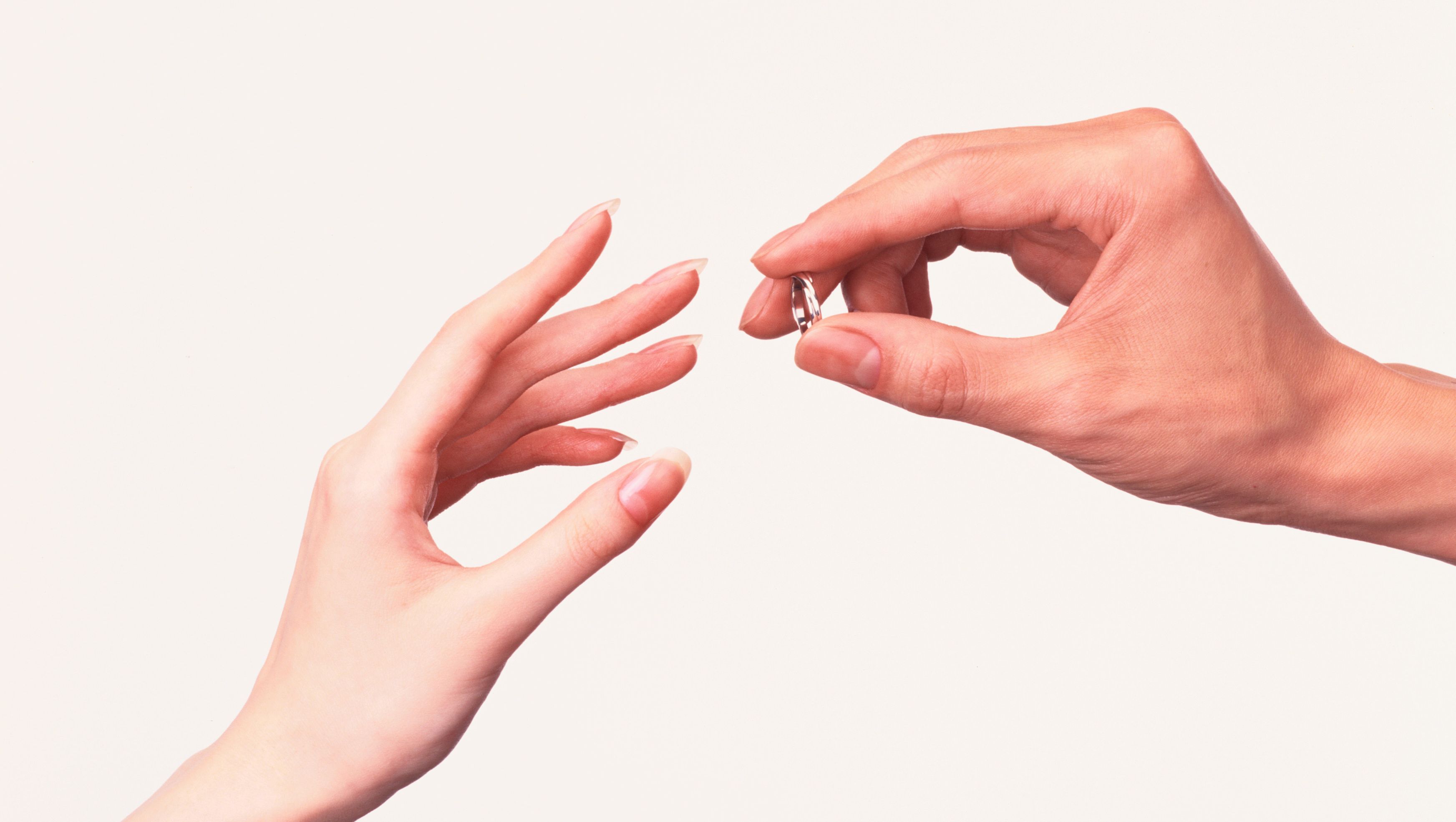

Forget men—one of the longest and most meaningful relationships I've ever had was with my doctorate dissertation. It consumed me, and fascinated me, and took up all my time and energy. It accounted for four full, pivotal years of my life.
As I worked on it, friends all around me were getting engaged, tying the knot, and changing their names from Ms. Them to Mrs. Someone Else. When the full draft of my thesis was finished and the end was in sight, I decided that I wanted to mark the pivotal moment when I changed my name from Ms. to Dr.
So I bought myself a diamond ring at an auction, and when my I passed my thesis defense, I put it, proudly, on my left ring finger.
My statement can result in weird interactions. "So what does your fiancé do?" strangers will ask, and I'll stare blankly at them for a second before collecting myself. "I'm not engaged," I'll reply. "I'm a doctor." Then it's their turn to stare, understandably confused by the non sequitur. But then I get to explain why I bought the ring, and why I wear it where I do.
Engagement rings serve many purposes. They're a demarcation line, a visible marker of a shift in a relationship. In straight couples, they're often a way for a man to demonstrate his financial viability and his socioeconomic status—and, by implication, the future status of his future wife.
At their core, though, engagement rings serve the same purpose as marriage does: They're about recognition. Recognition in the eyes of your community, and of everyone you meet, of the choice and the commitment that you've made.
This is one reason why women change their names when they get married (about86% of American women, at last count). These days, taking your husband's last name is a way of asking the world to recognize the shift that has taken place in your life.
Stay In The Know
Get exclusive access to fashion and beauty trends, hot-off-the-press celebrity news, and more.
For me, the first and only time I'll change my name served a similar purpose. I was marking the end of one chapter of my life and the beginning of the next: my transition from student to scholar. I saw no reason beside societal custom (which is arbitrary and infinitely malleable) that my left ring finger should be reserved for only *one* form of recognition.
There are a lot of people who would prefer for women like me to marry off and shut up.
I wrote my dissertation about romantic comedies (that's right, I have a PhD in chick flicks), and I spent a good deal of time thinking and writing about the ways the genre depicts gender, sex, and power. So I know a few things about how women who wield professional power are treated in the stories we tell ourselves as a culture. More often than not, these women are tamed. And in rom coms, the taming translates to a woman getting married by movie's end.
In many ways, I'm a lot like those rom com heroines. I'm a feminist and a professional woman; in the eyes of society, I'm a prime candidate for that kind of taming. There are a lot of people who would prefer for women like me to marry off and shut up.
Which, obviously, I have other ideas about.
This is a rebellion against the inescapable pressure I feel to find a man to put a ring on me. It's a mild little mutiny, but it feels like an important one.
Sure, as feminist acts go, I know my ring is one of extreme privilege. It's an expensive act, for starters, and some people would argue that the consumption of pricey sparkly things produced and marketed by a deeply problematic industry isn't really a feminist act in the first place. On some days, I agree with them. The fact that I'm in a position to mark the end of my more than two decades of education with a high-end decorative object—the fact that I spent more than two decades in school at all—places me among a tiny percentile of people, let alone women.
But when I look down at my left hand, I'm reminded of how hard I worked for my new name and my new chapter in life. I'm also reminded that, though cultural customs are powerful and hard to change, they're not set in stone. Like so many people, I believe that we can make new meaning from old symbols. I believe that we can change people's ideas about education, about the value of women's work, about whose love is worthy of recognition. In short, I believe that we can change the stories we tell ourselves as a culture.
Some days, the work of making that change feels ineffective and exhausting, and I ask myself if I really believe it's possible. Then I look down at my left hand, and I remember: I do.
Chloe Angyal is a journalist who lives in Iowa; she is the former Deputy Opinion Editor at HuffPost and a former Senior Editor at Feministing. She has written about politics and popular culture for The New York Times, The Washington Post, The Atlantic, The Guardian, New York magazine, Reuters, and The New Republic. Angyal has a Ph.D. in Arts and Media from the University of New South Wales.
-
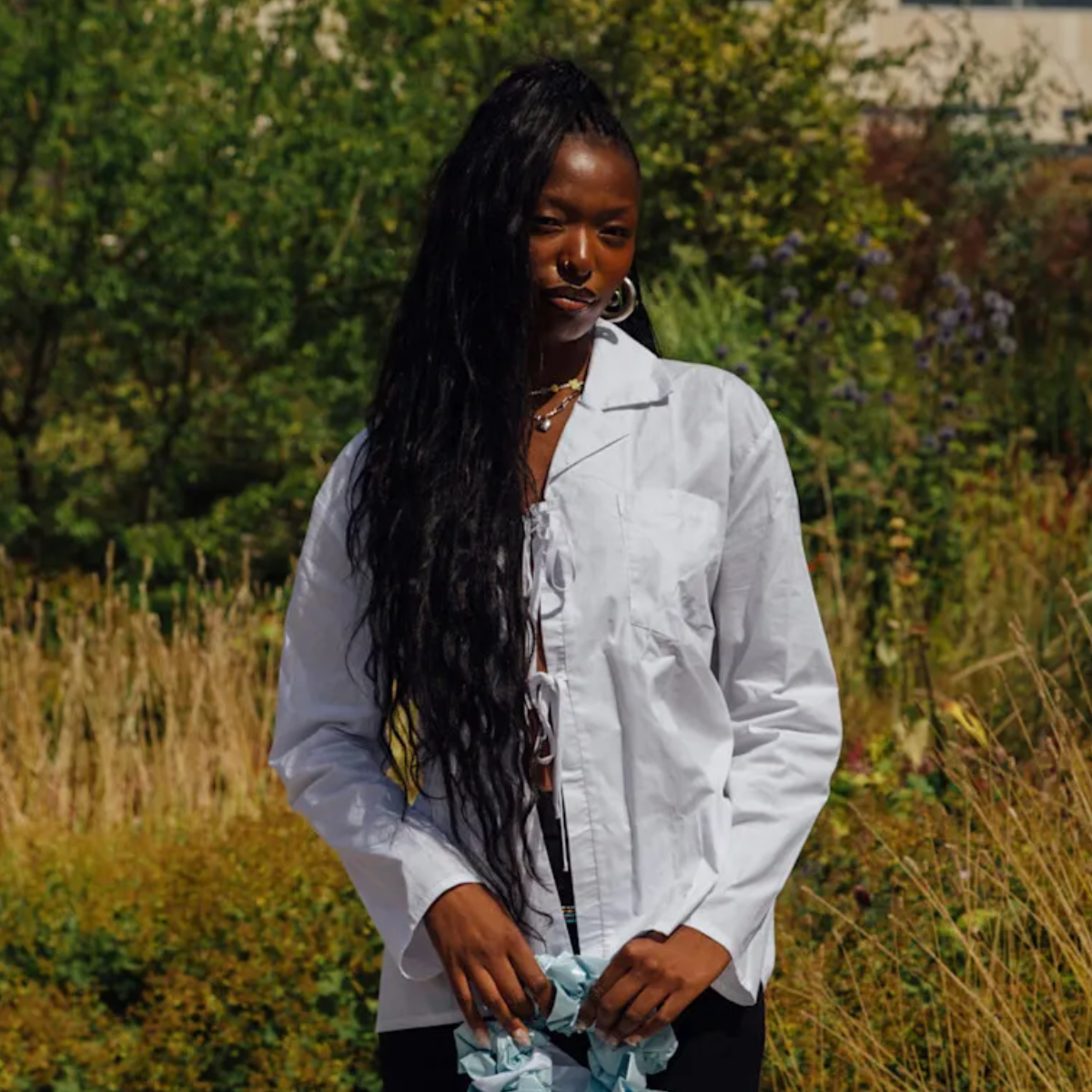 I Used Nordstrom’s Sale Section to Craft 7 Perfect Summer Outfits
I Used Nordstrom’s Sale Section to Craft 7 Perfect Summer OutfitsThese are formulas you can rely on.
By Brooke Knappenberger
-
 Your Syllabus Guide to the 'Weak Hero Class 2' Cast—Meet the Rising K-Drama Stars Playing the Students of Eunjang High
Your Syllabus Guide to the 'Weak Hero Class 2' Cast—Meet the Rising K-Drama Stars Playing the Students of Eunjang HighSo many exciting names join Park Ji-hoon in the second season of the Netflix hit.
By Quinci LeGardye
-
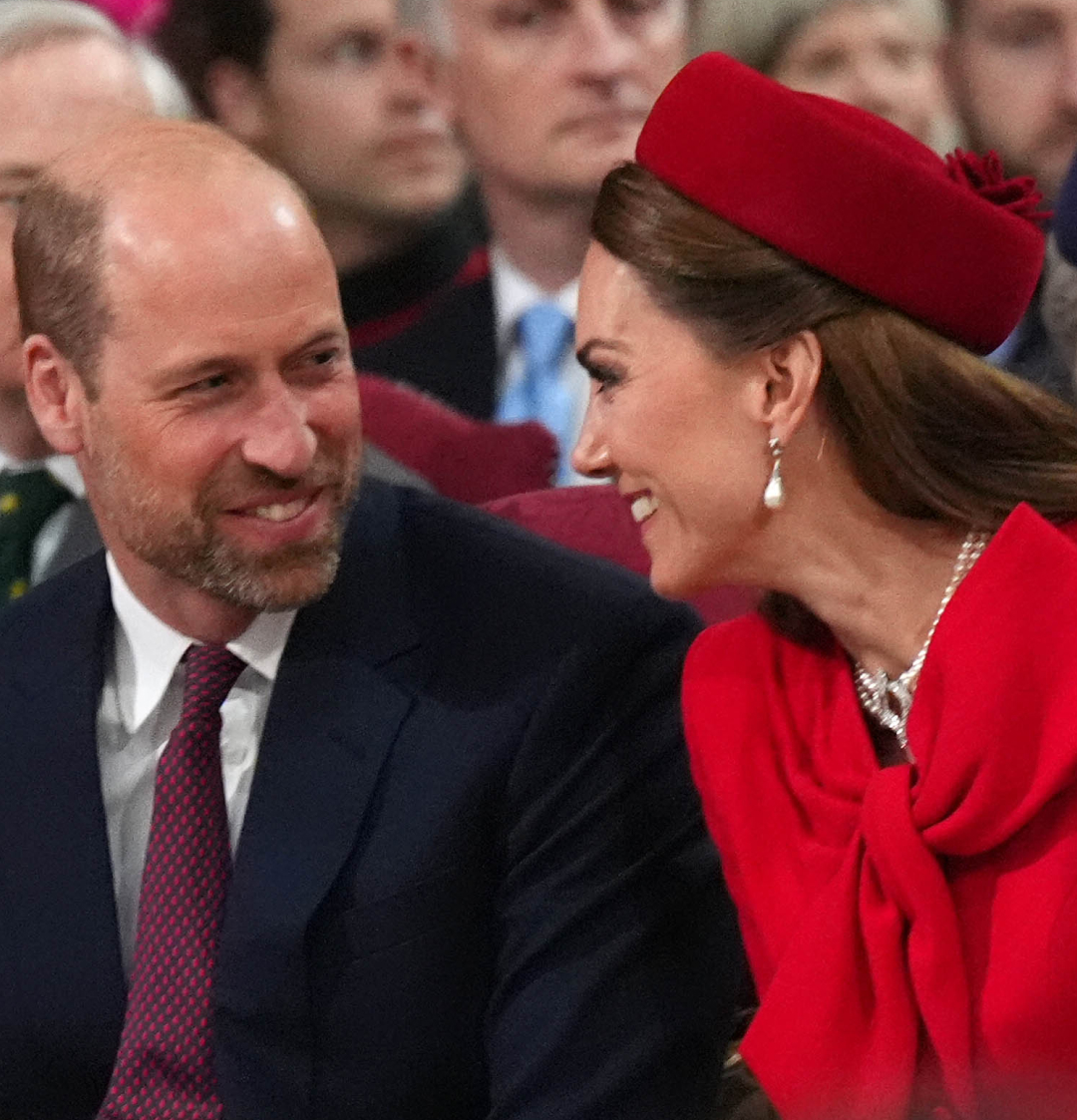 Prince William and Kate Middleton "Continue to Push Boundaries"
Prince William and Kate Middleton "Continue to Push Boundaries""They definitely have a different dynamic compared to other royal couples."
By Kristin Contino
-
 30 Female-Friendly Porn Websites for Any Mood
30 Female-Friendly Porn Websites for Any MoodFeatures All the best websites, right this way.
By Kayleigh Roberts
-
 The 82 Best Cheap Date Ideas for Couples on a Budget
The 82 Best Cheap Date Ideas for Couples on a Budget"Love don't cost a thing." —J.Lo
By The Editors
-
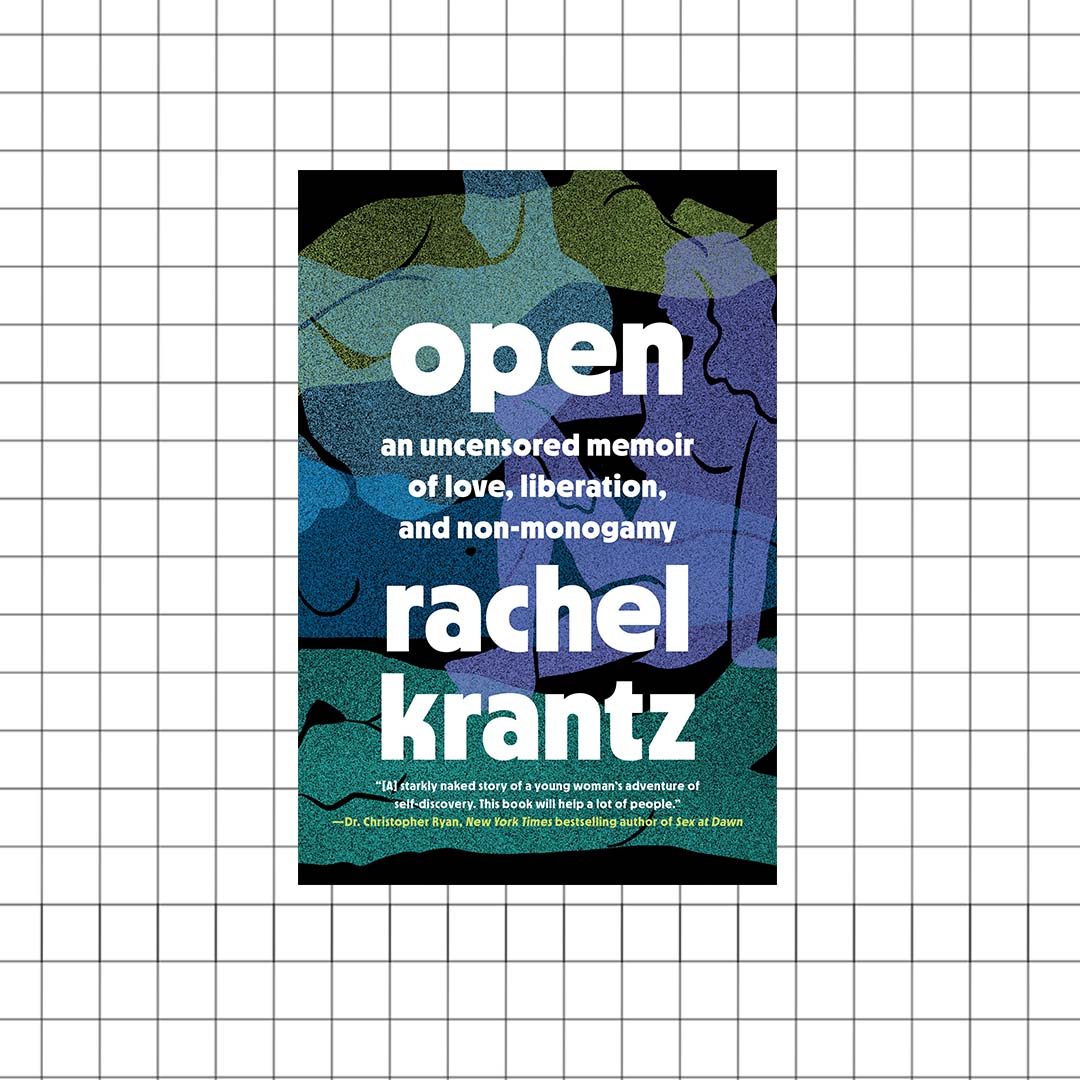 Diary of a Non-Monogamist
Diary of a Non-MonogamistRachel Krantz, author of the new book 'Open,' shares the ups and downs of her journey into the world of open relationships.
By Abigail Pesta
-
 COVID Forced My Polyamorous Marriage to Become Monogamous
COVID Forced My Polyamorous Marriage to Become MonogamousFor Melanie LaForce, pandemic-induced social distancing guidelines meant she could no longer see men outside of her marriage. But monogamy didn't just change her relationship with her husband—it changed her relationship with herself.
By Melanie LaForce
-
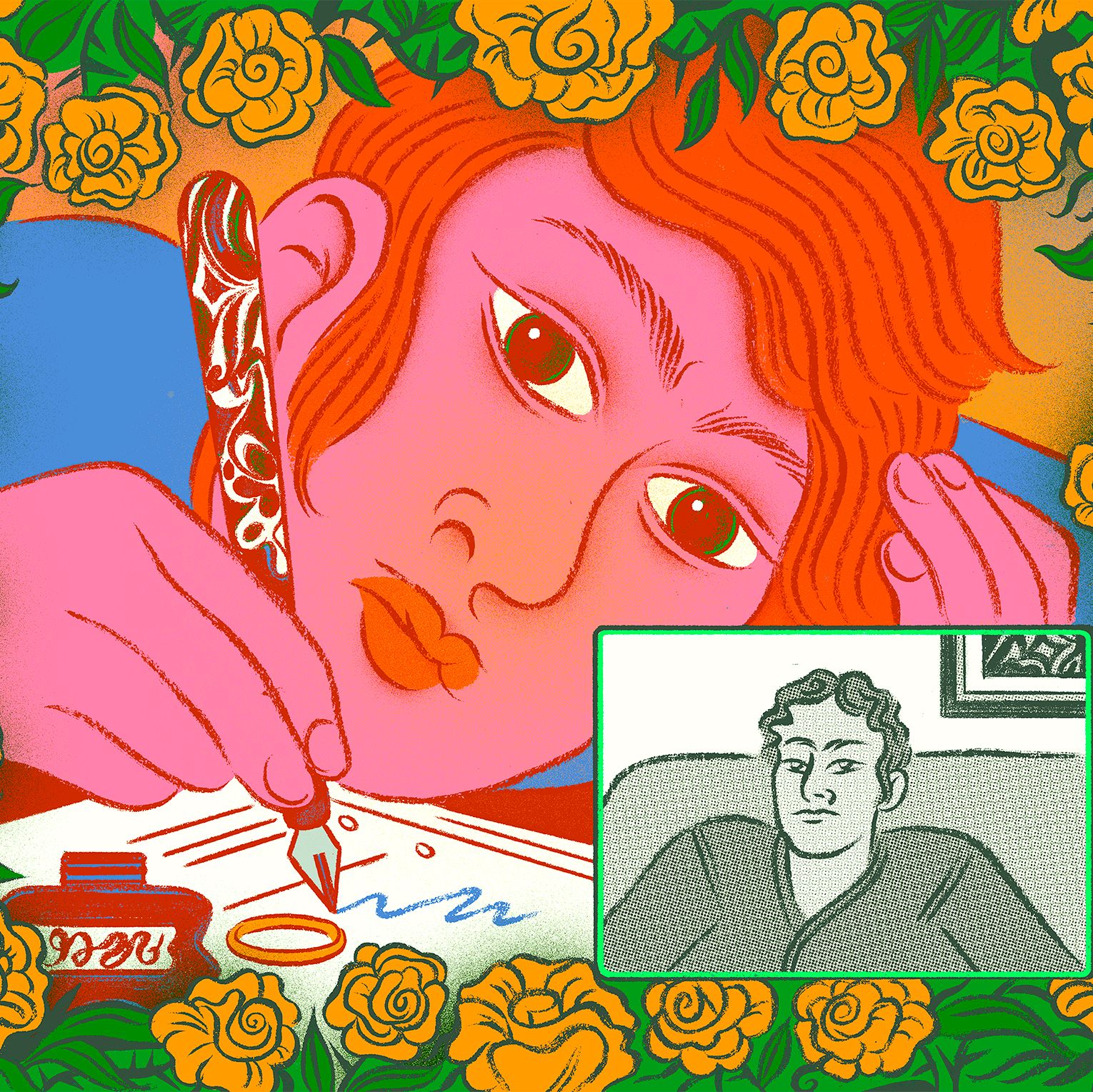 COVID Uncoupling
COVID UncouplingHow the pandemic has mutated our most personal disunions.
By Gretchen Voss
-
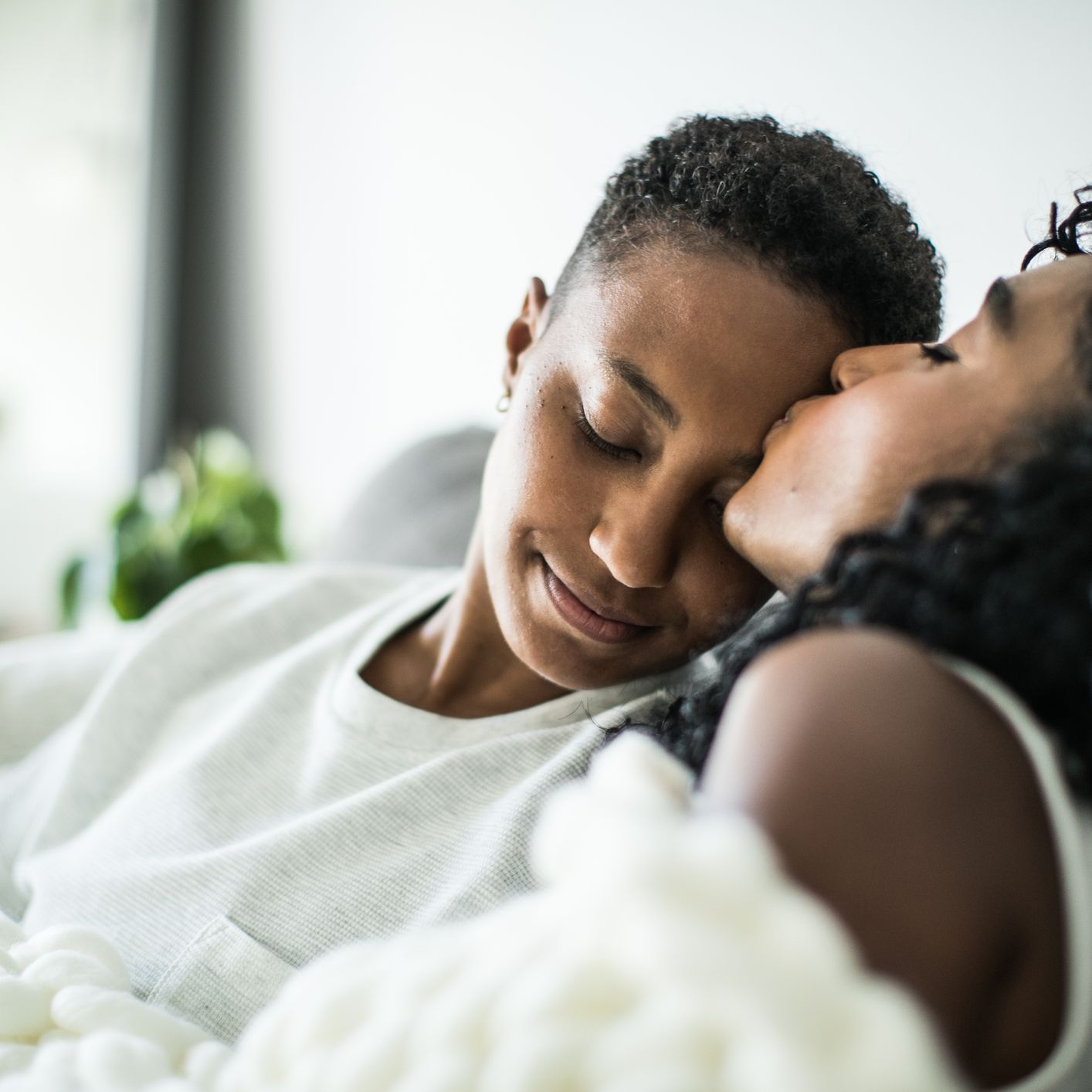 16 At-Home Date Ideas When You're Stuck Indoors
16 At-Home Date Ideas When You're Stuck IndoorsFeatures Staying in doesn't have to be boring.
By Katherine J. Igoe
-
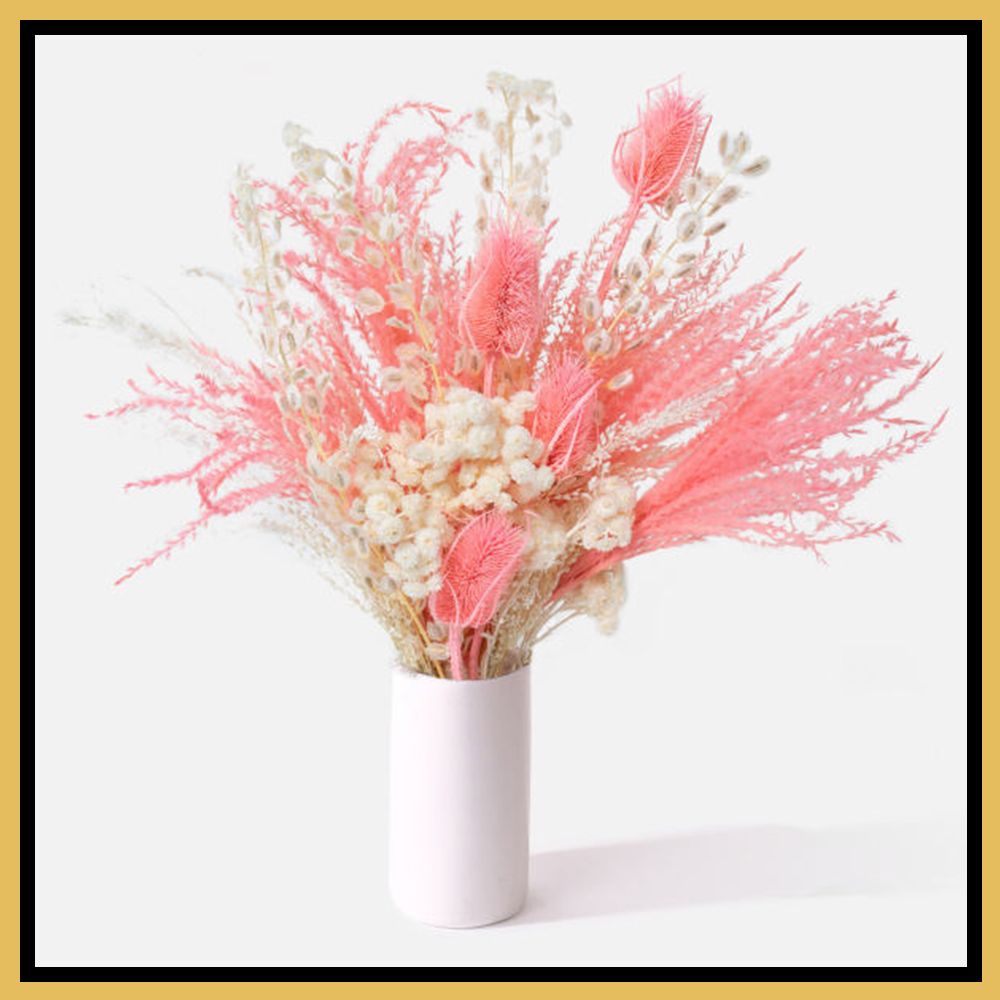 Long Distance Relationship Gift Ideas for Couples Who've Made It This Far
Long Distance Relationship Gift Ideas for Couples Who've Made It This FarAlexa, play "A Thousand Miles."
By Jaimie Potters
-
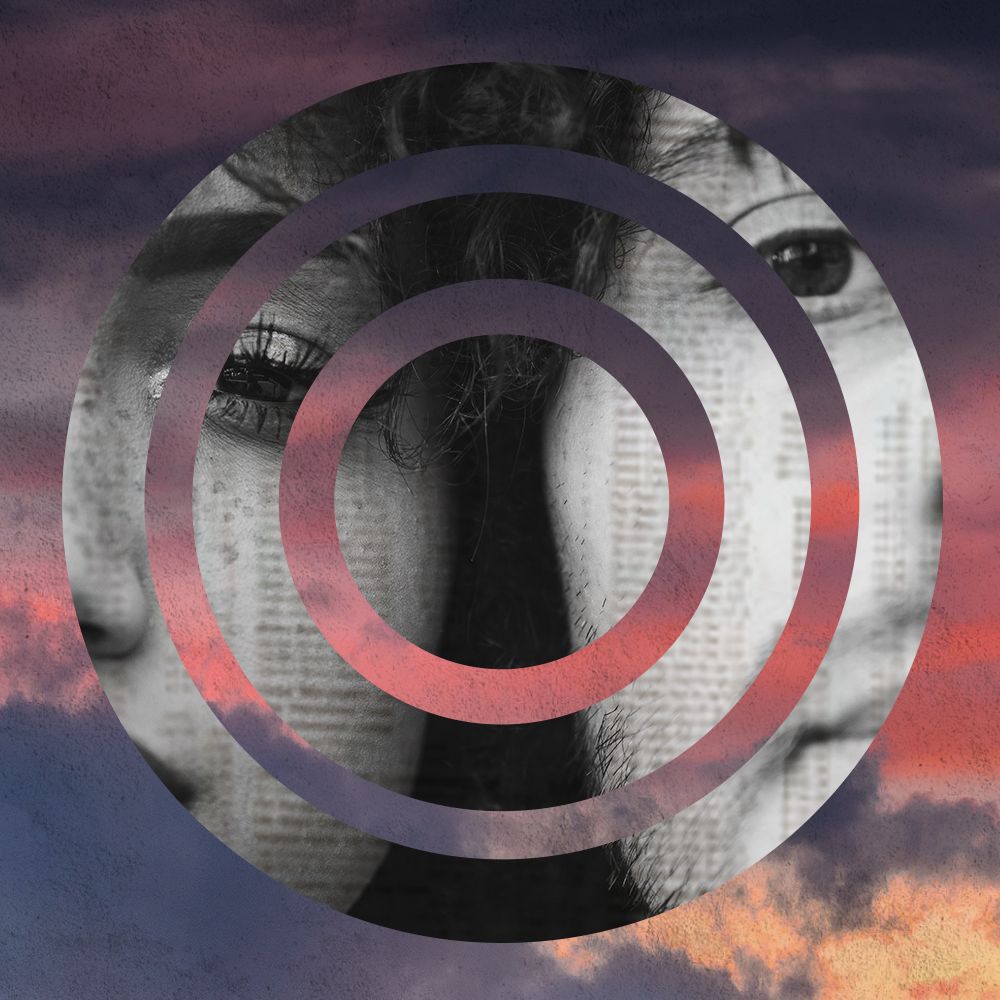 15 Couples on How 2020 Rocked Their Relationship
15 Couples on How 2020 Rocked Their RelationshipFeatures Couples confessed to Marie Claire how this year's many multi-stressors tested the limits of their love.
By Sherry Amatenstein, LCSW